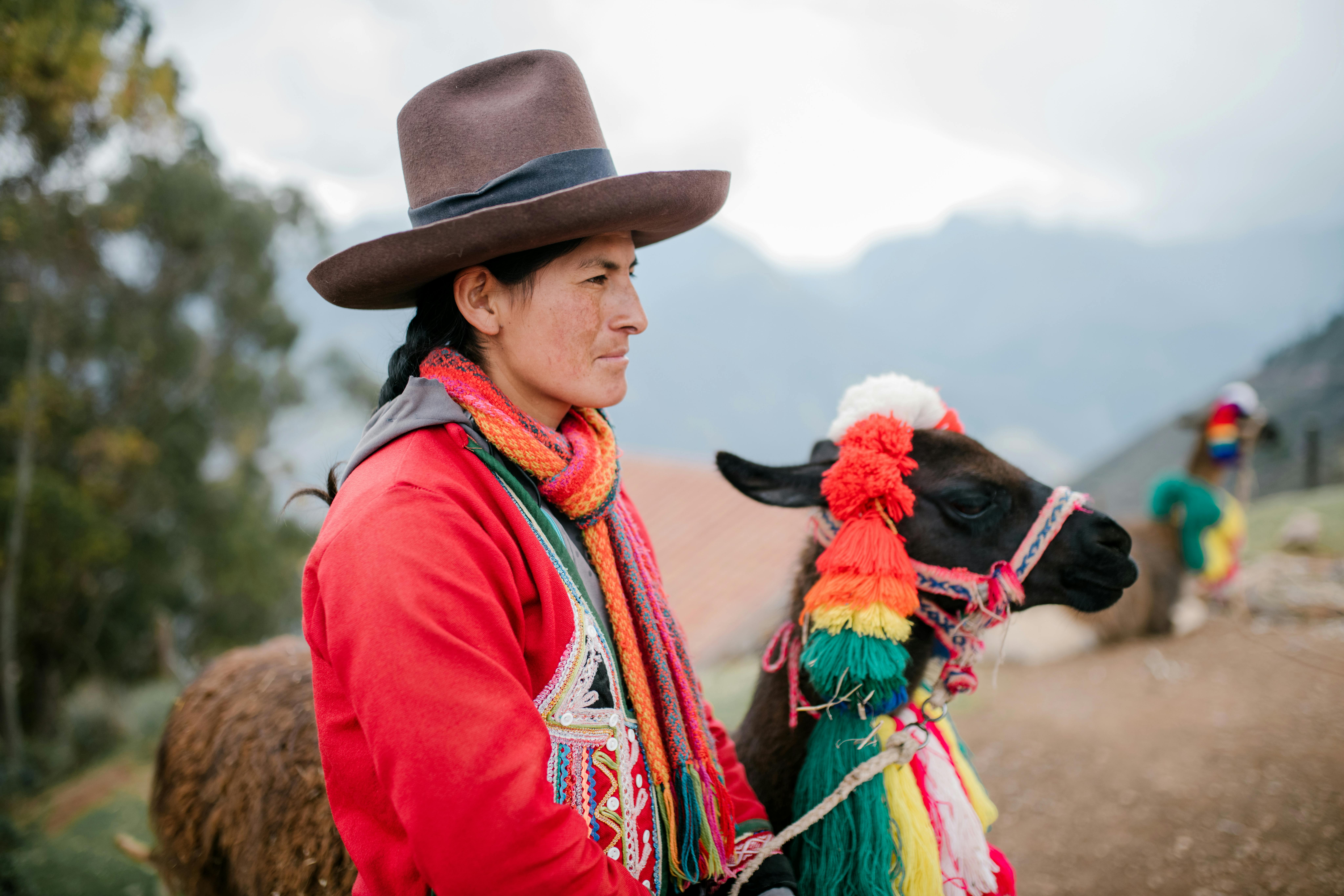Traveling to a new country can be an exhilarating experience, but it can also be daunting, especially when navigating unfamiliar cultural norms. What’s considered polite in one country might be considered rude in another. To ensure that you make a positive impression and have a smooth trip, learning about local customs and etiquette is essential.
From dress codes to table manners, understanding local norms can help you avoid unintended offense and build meaningful connections with the people you meet. In this guide, we’ll explore 20 essential etiquette rules to keep in mind before you travel abroad:
1. Respect Local Dress Codes

Dressing modestly is essential when visiting temples, mosques, or other religious sites. Cover your shoulders and knees, and avoid revealing clothing.
Research local dress codes before visiting a country, especially if you plan to visit religious sites. Pack accordingly, and consider bringing clothing that can be easily mixed and matched.
By dressing respectfully, you’ll show appreciation for the local culture and avoid unintended offense.
2. Learn Basic Phrases
Learning a few basic phrases in the local language can go a long way in showing respect for the culture. From “hello” to “thank you,” these simple phrases can help break the ice and create a positive impression.
Take some time to learn the local phrases before your trip. You can use language learning apps or phrasebooks to get started.
By speaking the local language, you’ll be able to communicate more effectively and show your appreciation for the culture.
3. Understand Local Customs

Every country has its unique set of customs and traditions. From table manners to gift-giving etiquette, understanding these customs can help you navigate unfamiliar situations.
Research local customs before your trip, and ask questions if you’re unsure. This will help you avoid unintended offense and show respect for the local culture.
By understanding local customs, you’ll be able to navigate unfamiliar situations with confidence and respect.
4. Respect Personal Space

Personal space varies significantly from one culture to another. In some countries, people stand close together; in others, more space is preferred.
Be mindful of personal space when interacting with locals. If someone steps back, give them room. If someone steps closer, don’t be alarmed.
By respecting personal space, you can build trust and rapport with locals.
5. Use Polite Language
Using polite language is essential when communicating with locals. Avoid using slang or jargon that may be unfamiliar to them.
Learn local phrases and expressions that convey respect and politeness. This will help you build trust and rapport with locals.
By using polite language, you’ll be able to communicate more effectively and show respect for the culture.
6. Respect Sacred Space

Sacred spaces like temples and mosques require special respect and care—research local customs and traditions before visiting these spaces.
Dress modestly, and remove your shoes when required. Avoid taking pictures or touching sacred objects.
By respecting sacred spaces, you’ll be able to show appreciation for the local culture and avoid unintended offense.
7. Ask Permission Before Taking Pictures
Not everyone wants to be photographed, especially in sensitive locations. Always ask permission before taking pictures of people or sacred sites.
Be respectful of local customs and traditions. If someone declines your request, don’t take offense.
By asking permission, you’ll show respect for the local culture and avoid unintended offense.
8. Be Mindful of Body Language

Body language can convey a lot about your intentions and respect for the culture. Be mindful of your gestures, posture, and facial expressions.
Avoid using body language that may be considered rude. Instead, use open and respectful body language to show appreciation for the culture.
By being mindful of body language, you’ll be able to communicate more effectively and build trust with locals.
9. Learn About Local Cuisine

Food is an integral part of any culture. Learning about local cuisine can help you appreciate the culture more and enjoy dining experiences.
Research local dishes and ingredients before your trip. Try new foods and flavors, and ask for recommendations from locals.
By learning about local cuisine, you’ll be able to appreciate the culture more and enjoy your dining experiences.
10. Respect Local Traditions
Every country has its unique set of traditions and customs. Understanding these traditions can help you appreciate the culture more, from festivals to rituals.
Research local traditions and customs before your trip. Participate in local festivals and events with respect and enthusiasm.
By respecting local traditions, you’ll be able to experience the culture more deeply and show appreciation for the community.
Travel with Respect, Return with Memories
As you travel to new destinations, remember that cultural etiquette is key to a respectful and enriching experience. By following these simple rules, you can confidently navigate unfamiliar situations and build meaningful connections with the people you meet.
With a bit of cultural awareness and respect, you’ll return home with unforgettable memories and a deeper appreciation for the diversity of our world. Happy travels!

